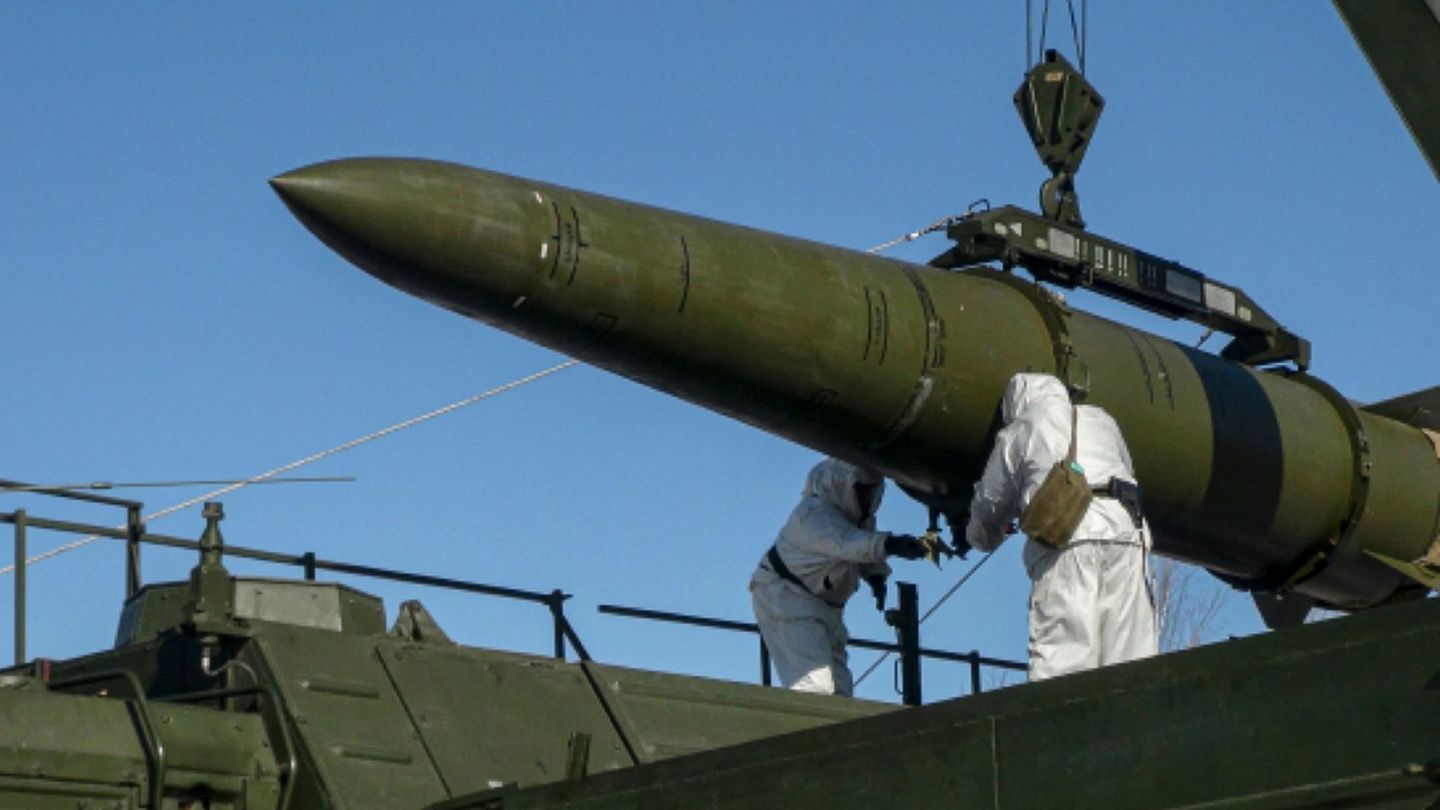Al Jazeera has been called the “CNN of the Middle East”: The Arabic channel has many reporters on site and close to the action. Also in Israel and the Gaza Strip. But there is always criticism of the reporting.
In the middle of the Gaza war, the Israeli government eliminated a voice of the Arab region and switched off the Al Jazeera channel. The medium is based in Qatar and is one of the few media companies that still has its own reporters on site in the Gaza Strip.
Israel accuses the broadcaster of incitement: “Al-Jazeera correspondents have damaged Israel’s security and incited hatred against Israeli soldiers,” said Prime Minister Benjamin Netanyahu. It is time to “throw Hamas’ mouthpiece out of the country.” The broadcaster condemned the decision and announced that it would take action against the move.
Who is behind Al Jazeera?
Al Jazeera was founded in 1996 in the Qatari capital Doha and was considered one of the first Arabic TV channels to also publish critical articles about the region. Reporting is in English and Arabic, the associated editorial teams are separate and work independently of each other. To this day, the television station is privately owned by the Al Thani ruling family.
Nevertheless, independent reports were possible and journalists have won many awards. Al Jazeera is where the fire is. The proximity and the critical contributions ensured that it quickly grew in popularity in the Arab world. At the time, the station also filled a gap left by Western media, according to communications scientist Carola Richter. Richter teaches at the Free University in Berlin and told Deutschlandfunk in January: “Al Jazeera also stands for informational self-determination. When we hear about the global south, it is usually about wars, catastrophes and diseases. We know far too little about it and it There are hardly any correspondents stationed there.”
But the criticism seems to have limits when it comes to the financiers. “You can do a lot of things at Al Jazeera, but you certainly can’t criticize the ruling family,” political scientist Asiem El Difraoui told the Frankfurter Allgemeine Zeitung (FAZ). Qatar itself is one of Hamas’ most important financial supporters, and several top representatives live in Doha. At the same time, Qatar is an important mediator between Israel and Hamas.
Israel’s government has been discussing the channel for months
The reporting on the current conflict is therefore also controversial. “The principle of opinion and counter-opinion is strongly emphasized (at Al Jazeera. d.Red.),” Richter told Deutschlandfunk. Al Jazeera shows impressive images from the Gaza Strip that are less present on Israeli television. Hamas leaders are also interviewed live, some of the terrorists of the massacre on October 7th are described as “liberation fighters”. The Muslim Brotherhood – whose branches are monitored by the Federal Office for the Protection of the Constitution in this country – also has its own faction on the station.
However, if the Israeli army allows it, journalists also talk to army members. In addition, Al Jazeera was the first Arabic channel to report on Israel in the late 1990s – in Hebrew.
West Bank
Israeli army casualties? A year ago, Al-Jazeera reporter Akleh was shot dead
The closure of Al Jazeera had been discussed in Israel for weeks. The basis is a law that the Knesset passed with a large majority at the beginning of April. It not only allows for a ban on broadcasting content from foreign broadcasters if it is deemed to pose a risk to state security, but also for the closure of their offices in Israel. This is what happened to Al Jazeera. Police searched the office at the Ambassador Hotel in East Jerusalem; the remaining equipment was confiscated, according to Israeli media reports. On the same day, the channel in Israel was switched off.
The broadcaster rejected the allegations of bias. “The Al Jazeera media network strongly condemns this criminal act, which violates human rights and the fundamental right of access to information,” the broadcaster said. We will take all possible action against the move and defend the rights of the station and its employees.
The decision caused widespread criticism. The Foreign Press Association said Israel had joined “a dubious club of authoritarian governments” that have banned the channel. The USA, a close ally of Israel, also expressed criticism. A spokesman for the Washington State Department said it supports a free press around the world. And a spokesman for the Foreign Office said in April: “A free and diverse press landscape is the cornerstone of a liberal democracy.”
Other voices in Israel did not criticize the fundamental decision, but rather the timing. Former Defense Minister Benny Gantz, as a member of the war cabinet, spoke of “terrible timing” that could endanger a possible hostage deal and the ceasefire in the Gaza Strip.
Sources:, , , with DPA and AFP
Source: Stern
I have been working in the news industry for over 6 years, first as a reporter and now as an editor. I have covered politics extensively, and my work has appeared in major newspapers and online news outlets around the world. In addition to my writing, I also contribute regularly to 24 Hours World.




